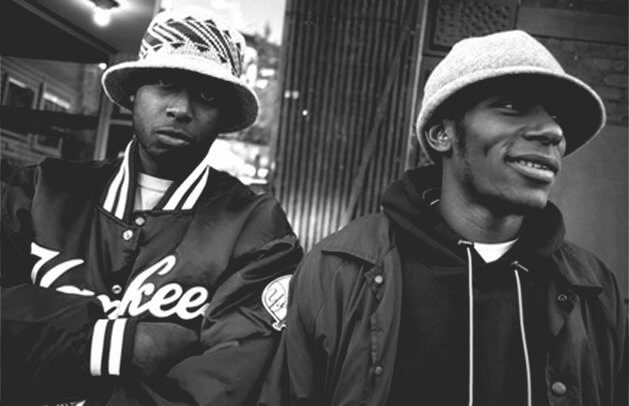
People (including 19 year old me) slept on the Black Star duo of Mos Def (AKA Yasiin Bey) and Talib Kweli back in the day. Their music sounded nothing like anything else that was popping at the time, as they were part of the last great wave of rappers coming out of the underground scene in 1990’s New York City–a transition era for Hip Hop.
The video rotation of artists like Puff Daddy, Mase, Juvenile, and Master P signaled a change in the way the art form was consumed. Many commercially viable acts were coming out of the south, proving that the east and west coasts were not the only places producing hits. Hip Hop’s soundscape was changing according to the landscape; which helps to explain how such a perfectly written song such as Respiration could fall through the cracks.
Respiration is a track off the “Mos Def and Talib Kweli are Black Star” album, an album that came to embody what critics dubbed (sometimes derisively) “backpack” rap, because of the high number of college students, skateboarders, and alternative youths that tended to flock towards artists like Black Star, The Roots, Common, Hieroglyphics, Souls of Mischief, and other underground (or conscious) acts that had yet to hit the mainstream. DJ Hi-Tek produced the track, using a sample from Don Randi’s Theme from the Fox (a song produced by the late legendary producer David Axelrod).
Common lends his voice for a guest spot, putting three of the most renowned poets in the genre on the same song, and giving rap fans a sneak preview for the careers of all three artists. The song unfolds as a vignette of short stories, each verse a snapshot of city life, starting in Mos Def and Kweli’s perception of Brooklyn, and ending in Common’s hometown of Chicago.
The track begins with an excerpt from the 80’s documentary, Style Wars, then segues to a woman’s voice. “Escuchela, La ciudad respirando.” she says, which translates roughly to “listen to it, the city is breathing.”
“Mighty” Mos starts off by spinning a tale rich with the type of dialect and prose that even a Shakespeare scholar could appreciate. Each line full of vivid imagery and metaphor, as he alludes to the divide between Wall Street and the everyday people who inhabit the city. There is a symmetry in his verse; detailing the everyday indifference in the city life. Mos intimates that perhaps the differences between gangsters, cops, criminals, and stockbrokers are negligible and that the working-class people are frequently ignored–their only acknowledgments highlighted in crime stats on the nightly news reports.
Personification jumps out in this verse as the moon “atop the city” questions the actions of humans below. Images like “hard knuckles on the second hands of working-class watches”, colossal buildings become menacing and “throbbing” city lights provide more details for a setting that is at once a fruit and a city. Mos Def narrates this tale as an objective observer (almost similar to the narrator in Joseph Conrad’s Heart of Darkness), guiding the listener through a night in the city.
The new moon rode high in the crown of the metropolis / Shining, like, “Who on top of this?” / People was tusslin’, arguing and bustlin’ / Gangstas of Gotham hardcore hustlin’ / I’m wrestling with words and ideas / My ears is pricked, seeking what will transmit / The scribes can apply to transcript / Yo, this ain’t no time where the usual is suitable / Tonight alive, let’s describe the inscrutable / The indisputable, we New York the narcotic / Draped in metal and fiber optics / Where mercenaries is paid to trade hot stock tips / For profits, thirsty criminals take pockets / Hard knuckles on the second hands of working class watches / Skyscrapers is colossus, the cost of living is preposterous / Stay alive, you play or die, no options / No Batman and Robin Can’t tell between the cops and the robbers / They both partners, they all heartless with no conscience / Back streets stay darkened / Where unbeliever hearts stay hardened / My eagle talons stay sharpened, like city lights stay throbbing / You either make a way or stay sobbin’ / The shiny Apple is bruised but sweet / And if you choose to eat, you could lose your teeth / Many crews retreat, nightly news repeat / Who got shot down and locked down / Spotlight to savages, NASDAQ averages / My narrative rose to explain this existence / Amidst the harbor lights which remain in the distance
The chorus, repeated between each rapper’s verse, paints the city as a living breathing organism.
So much on my mind that I can’t recline / Blastin’ holes in the night ’til she bled sunshine / Breathe in, inhale vapors from bright stars that shine / Breathe out, weed smoke retrace the skyline / Heard the bass ride out like an ancient mating call / I can’t take it, y’all, I can feel the city breathing / Chest heaving, against the flesh of the evening / Sigh before we die like the last train leaving
Talib Kweli’s take is more literal; the rhythm of his language recalls other New York Poets like Langston Hughes and Gwendolyn Brooks. Kweli paints a grim picture of the Brooklyn he grew up in, the Ed Koch-era NYC, before Rudy Guiliani’s “Stop and Frisk” and “Broken Windows Policy” “cleaned up” the city, paving the way for smoothie shops and fixed gear bikes to infiltrate the streets and sidewalks of Brooklyn. Considering the various instances of violence within the Hip Hop community that unnecessarily took the lives of people like Scott La Rock, and Big L (and later Jam Master Jay), Kweli’s lyrics have an immediacy that are as stark and as real as the potential dangers that were lurking on any unsuspecting New York City block.
Breathin’ in deep city breaths, sittin’ on shitty steps / We stoop to new lows / Hell froze the night the city slept / The Beast crept through concrete jungles / Communicating with one another / And ghetto birds where waters fall / From the hydrants to the gutters / The Beast walk the beats, but the beats we be makin’ / You on the wrong side of the track, looking visibly shaken / Taken them plungers / Plunging to death that’s painted by the numbers / With Krylon applied pressure; cats is playing God / By having children by a lesser baby mother, but f*** it / We played against each other like puppets / Swearing you got pull / When the only pull you got is the wool over your eyes / Getting knowledge in jail like a blessing in disguise / Look in the skies for God, what you see besides the smog / Is broken dreams flying away on the wings of the obscene / Thoughts that people put in the air / Places where you could get murdered over a glare / But everything is fair; it’s a paradox we call reality / So keepin’ it real will make you casualty of abnormal normality / Killers Born Naturally, like Mickey and Mallory / Not knowing the ways’ll get you capped, like an NBA salary / Some cats be emceein’ to illustrate what we be seein’ / Hard to be a spiritual being / When s*** is shaking what you believe in / For trees to grow in Brooklyn, seeds need to be planted / I’m asking if y’all feel me and the crowd left me stranded / My blood pressure boiled and rose / ‘Cause New York n***** acting spoiled at shows / To the winners, the spoils go I take the L, transfer to the 2, head to the gates / New York life type trife, the Roman Empire state
Common closes the song with an intimate verse about going home for a funeral in Chicago; a city where many blacks fall victim to murders that indirectly stem from the segregation and gentrification policies of the city’s officials. Common takes the listener to his friend’s funeral, using flashback as a device to weave his narrative of riding the city bus with loud, vulgar girls with “weak minds, but butts strong.”
Even though Common has left the city to live elsewhere (a difficulty illustrated in the line “found it hard to imagine he hadn’t been past downtown”), many of the people he grew up with have yet to escape the circumstances that left his friend in peril (does one ever really leave such an environment, if their friends and family cannot follow?). One last allusion is made to the city as a breathing organism, which parallels the imagined breathing of Common’s lifeless friend.
On The Amen corner I stood lookin’ at my former hood / Felt the spirit in the wind / Knew my friend was gone for good / Threw dirt on the casket, the hurt, I couldn’t mask it / Mixin’ down emotions, struggle I hadn’t mastered / I choreograph seven steps to Heaven In Hell / Waiting to exhale and make the bread leaven / Veteran of a cold war; it’s Chica-I-go for / What I know or what’s known / So some days I take the bus home, just to touch home / From the crib I spend months gone / Sat by the window with a clutched dome / Listening to shorties cuss long / Young girls with weak minds, but they butt strong / Tried to call, or at least beep the Lord But didn’t have a touch-tone / It’s a dog-eat-dog world, you gotta mush on / Some of this land I must own / Outta the city, they want us gone / Tearing down the ‘jects creating plush homes / My circumstance is between Cabrini and Love Jones / Surrounded by hate, yet I love home / Ask my guy how he thought travelling the world sound / Found it hard to imagine he hadn’t been past downtown / It’s deep, I heard the city breathe in its sleep / Of reality I touch, but for me it’s hard to keep / Deep, I heard my man breathe in his sleep / Of reality I touch, but for me it’s hard to keep
A thread that runs throughout all three verses is the theme of impersonal savagery that comes with living in the city (“It’s a dog-eat-dog world, you gotta mush on”). Life in the Animal Kingdom is binary. It is kill or be killed, dominate or be dominated. Mos Def’s beginning verse which starts out with a broad stroke of life in the city leads into Talib Kweli’s more personal vantage point–a more personal glimpse of the city experience; which then is bookended by Common’s haunting tale of losing a friend.
Taken alone, each verse deserves its own placard in a Hip Hop museum somewhere in the Bronx. Combined together, they create a piece of art that hangs in the psyche long after the song is over. Just when the song feels like it is over, the beat picks up one last time; sounding far away– like a departing train on an elevated track; getting less loud the further it gets from the platform towards its next stop.
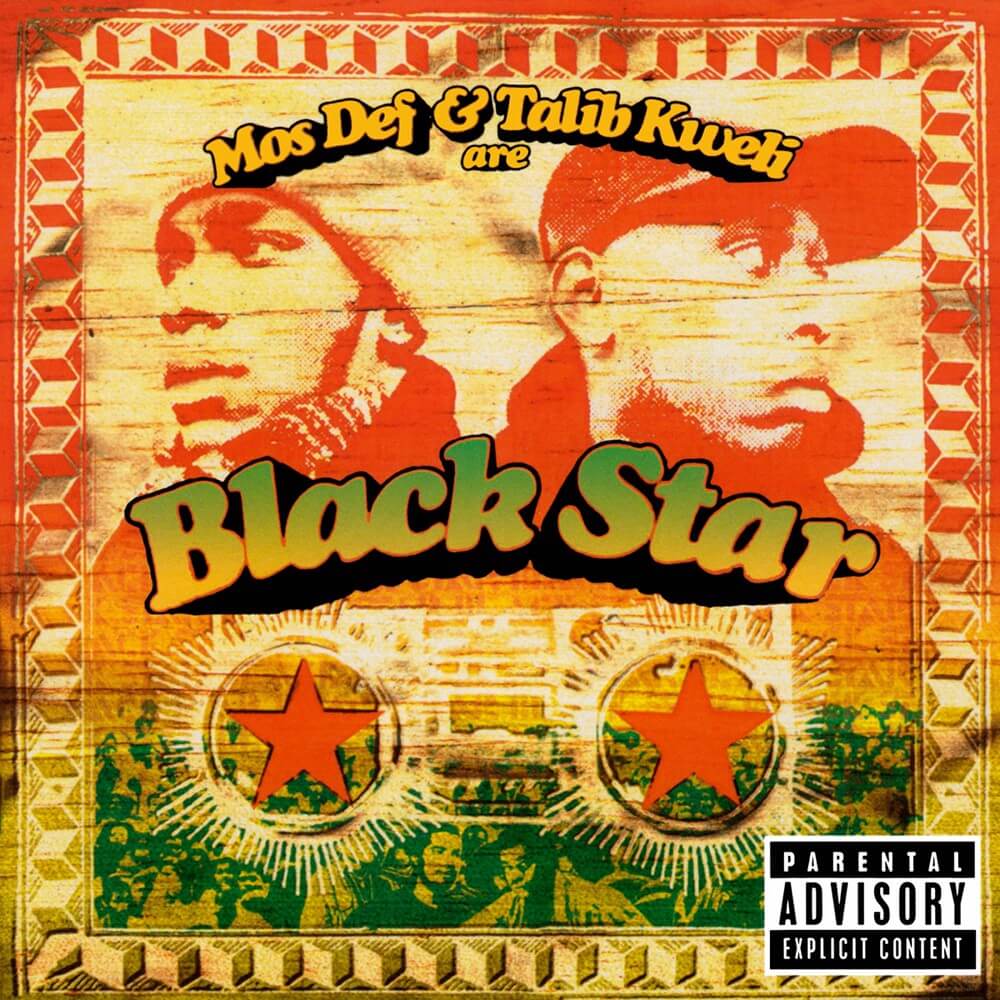

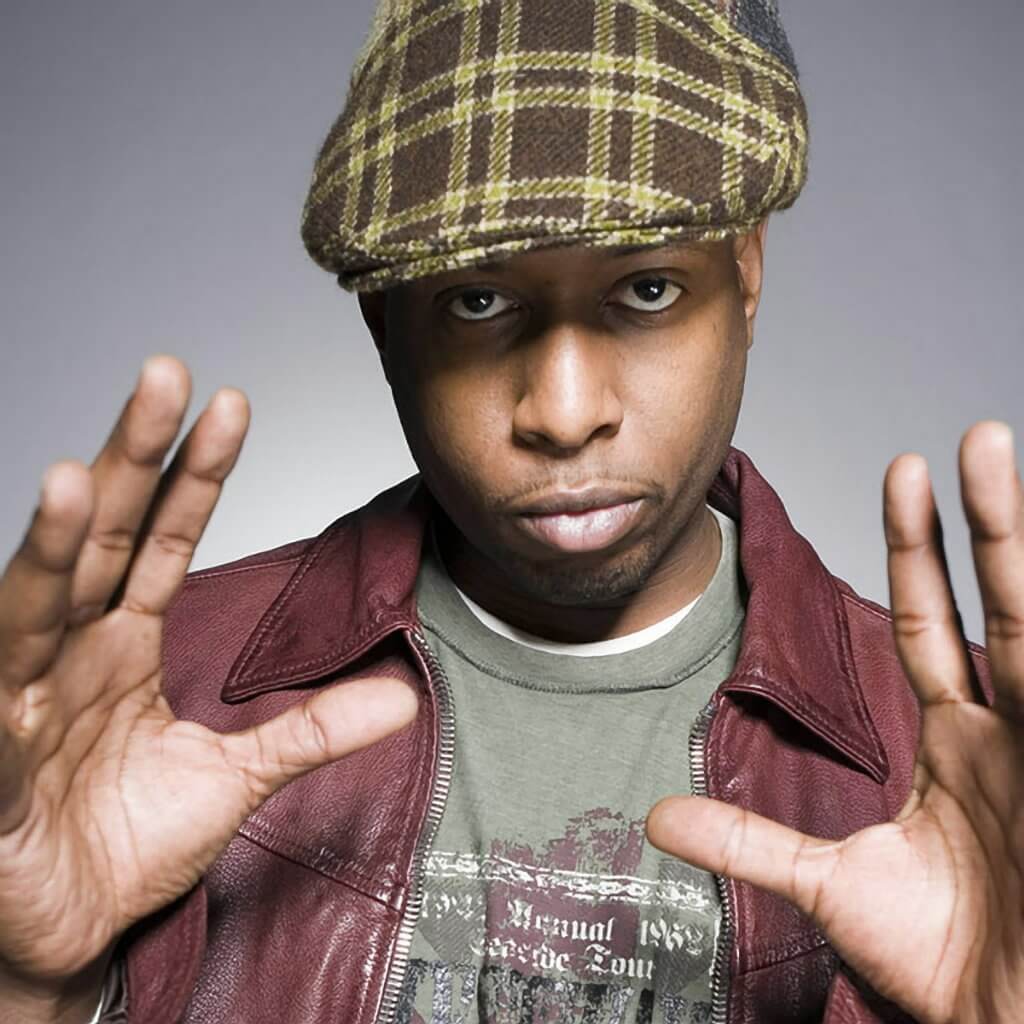
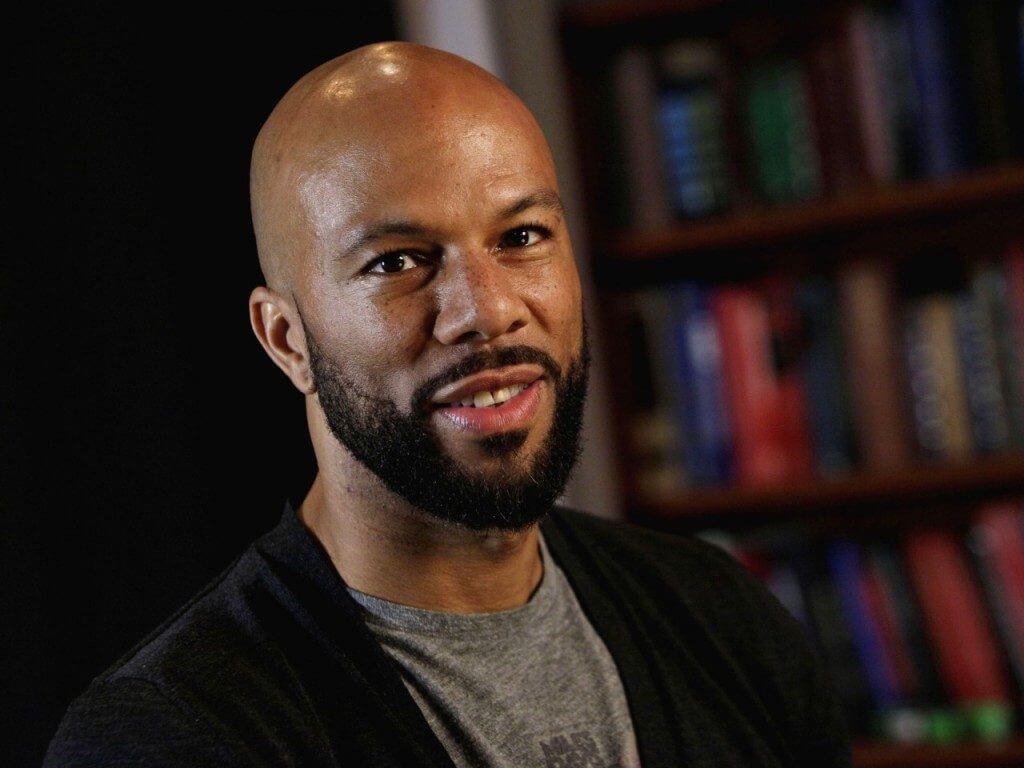
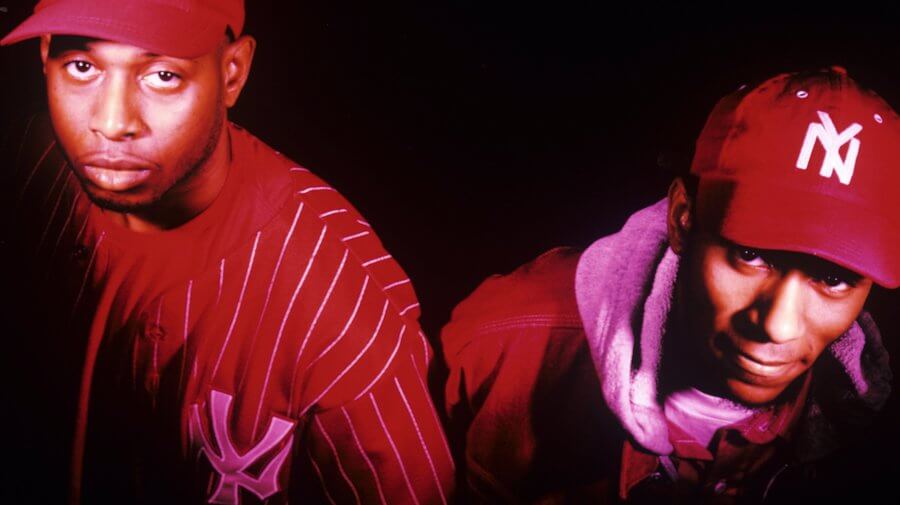
Respiration i agree is the #1 Best written rap song of all time the trio can’t be beat with their poetic reality.
Underrated classic. 100% agree.
Ok, maybe something needs to be explained to me, but I think Re:Definition is the greatest song of all time. On personal preference, I’d even put Thieves In The Night and Definition higher than Respiration.
This song makes me nostalgic. Look, I’m 16 at the time of writing this but when I first listened to this it was in 2016 when I was coming home from a trip to Disneyland. Now, I listen to it and can’t help but feel nostalgic for the memories of looking out the hotel room at the happiest place on earth and feel the afternoon sun shining on me as we drive home
I was 20 when I first hear this song and it has stayed with me ever since (I’m 32 now). I still haven’t found a more perfect rap song and I’ve listened to hundreds of hip hop albums (the boom-bap classics, not the commercial crap). The lyrical genius that is Mos Def delivers an unforgettable story that’s more than just rhymes on paper. I’m a writer myself, yet I find it extremely hard to describe what this song did for me when I was young. It gave me HOPE and made me feel understood. I was also all alone visiting NYC for the first time ever from across the ocean (Europe) at the time and thought to myself: WOW, you can feel the love and struggle of life in big cities so deeply with this song. Mos Def can tell a heartfelt story like no other.
100% agree – for me this track epitomises the rugged poetic beauty of hip hop at its finest. Completely timeless classic.